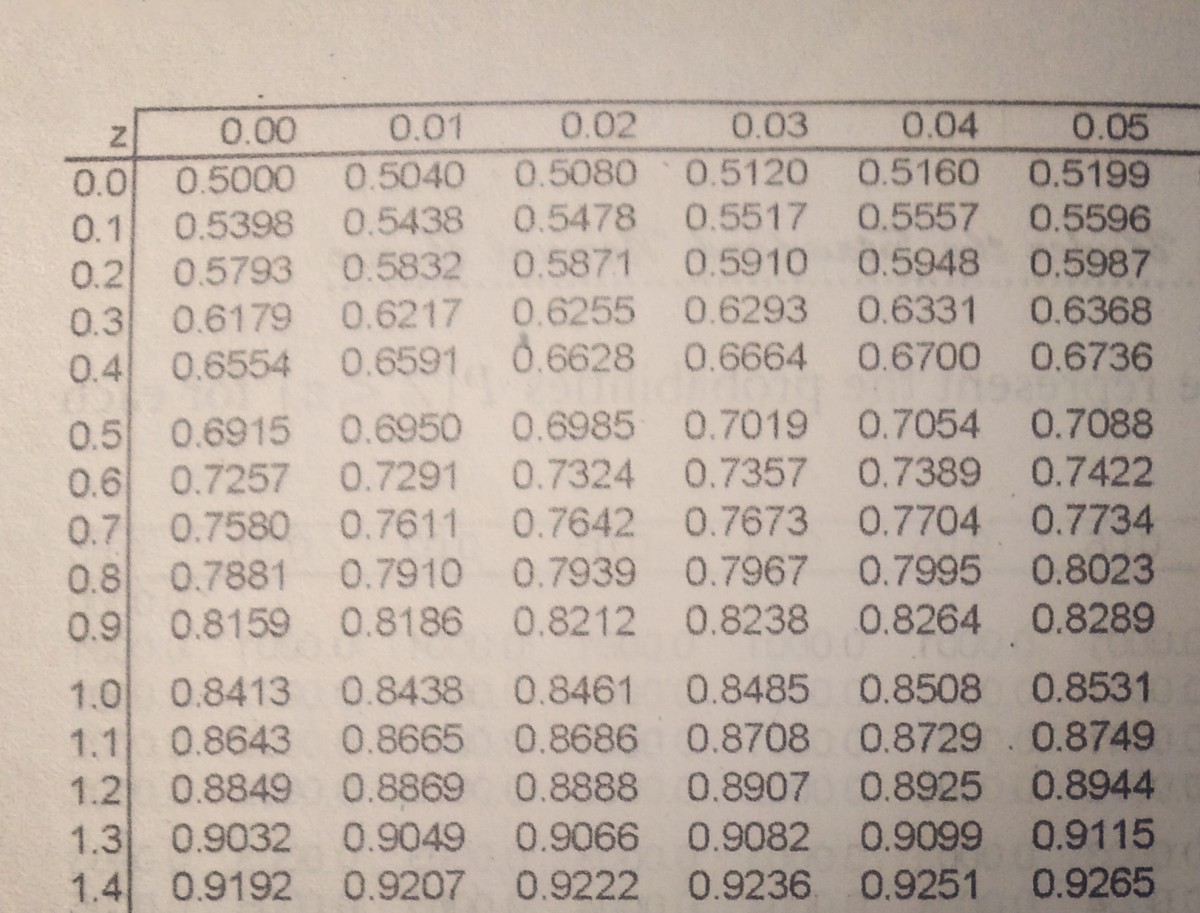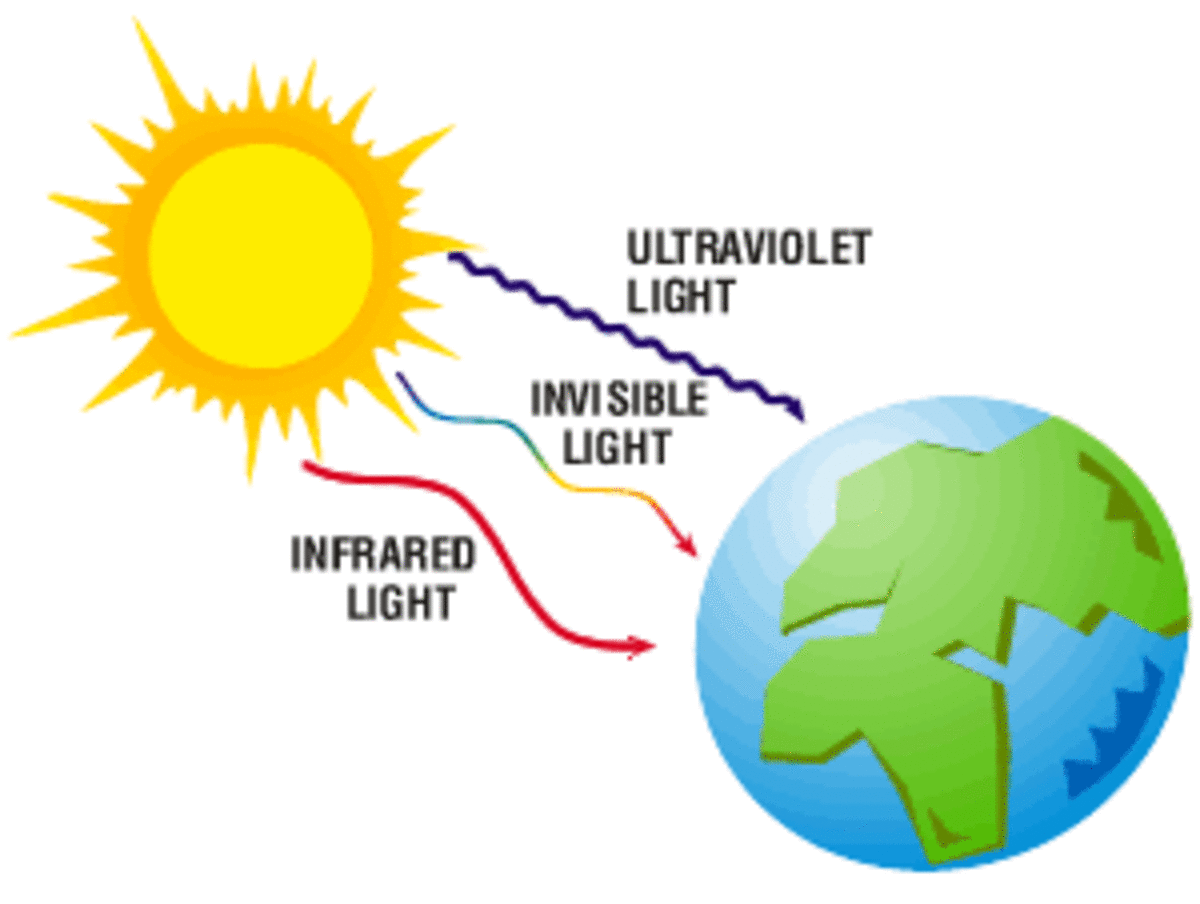Albert Einstein was wrong? Then there is nothing like perfect research!

- How to use a search engine to get quality results
What do you do when you need to do a really deep search for information or a product on the internet? Let me show you some search engine tricks that will save you a lot of precious time - EUREKA! I have known how to be rich- and i will not hide it from you
I have always wanted to be rich. And I have never been able to conceal that desire from both foe and friend. And that is why a couple of months ago, I posted in a forum the question, “how can I be a millionaire before I am 30?” Needless to say, I got
There is no hope of doing perfect research
The law of relativity
is a principle of physics that made Albert Einstein to be labeled one of the
most brilliant scientists that has ever walked planet earth. The law stated
that there is nothing that could possibly travel faster than the speed of
light. It is this very law that has in recent weeks been questioned by
researchers at CERN, Geneva. The scientists reportedly discovered some very
tiny particles called neutrinos, which actually travel faster than light (Read
the full story on new-york times here). What more can i say except that research will never be perfect?
Even from a definition point of view, the term research implies a weakness in the process.The word Research is formed by combining two words, the prefix re and the root word search. According to dictionary.com, the word search means to inquire, investigate, examine, or seek; conduct an examination or investigation. Re on the other hand usually means doing afresh or starting again. Why would you want to investigate again something that has already been investigated? Well, its because you are hoping to find something that the original researcher hadn't seen. In other words, you are hoping he wasn't perfect.
There are two broad categories of research. Qualitative and quantitative. Qualitative research is mainly concerned with opinions of persons involved in the research. This can be in terms of their views or their preferences. The problem with this type of research is that these views and preferences are always changing with time. For instance, its not uncommon for one to change his political party. The result is that findings of a research done over a certain period of time might turn out to be the direct opposite of a similar research done in the same place sampling the same people.
The second category of research is the quantitative research. Quantitative research usually employs various scientific tools and software to manipulate and interpret data. It however, often depends on the data gathered in a qualitative survey. Quantitative research usually has a higher degree of accuracy as opposed to qualitative research since its a largely scientific process. However, the accuracy of the findings is hugely dependent on the data used. It's a perfect scenario of GIGO- garbage in garbage out. What makes validity of data hard to establish is the fact that it is limited to the accuracy and reliability of the sampled data.
Ideally, if the measurements presented are reliable, they will most probably be valid. If the measurements are however not reliable, then validity of the data can not suffice. If a measurement has high reliability, observed scores will be very close to their true scores. For one to be able to determine how reliable a research is there is a need of looking at the variance in the scores in question. The variance from the true scores plus the variance from the measurement error will give us the total variance in the set of scores.
In other words, even after applying scientific
computations on data, there are still no perfect findings. The best we can do
is getting a highly probable finding. A practical example is a weather man on a
news channel who might report, “last week it was an average of 35° but this
week it’s an average of 70°- twice as hot.” What the weather reporter has done
is he has transformed the data by multiplying 35° by two. This multiplication
by two may be generally accepted but it is still not scientific
A researcher usually makes his findings based on relationship of the data and the property that he/she is interested in. In as much as statistical software like SPSS will readily compute a standard deviation on the ordinal data, the conclusions that will be arrived at after looking at the numbers might be bogus and this could ultimately result in making of wrong decisions. Research should therefore leave a window that allows further research to add more knowledge to what has already been discovered. The fact that Einstein’s relativity theory has been found wanting is a good indicator that there is indeed nothing like perfect research.







